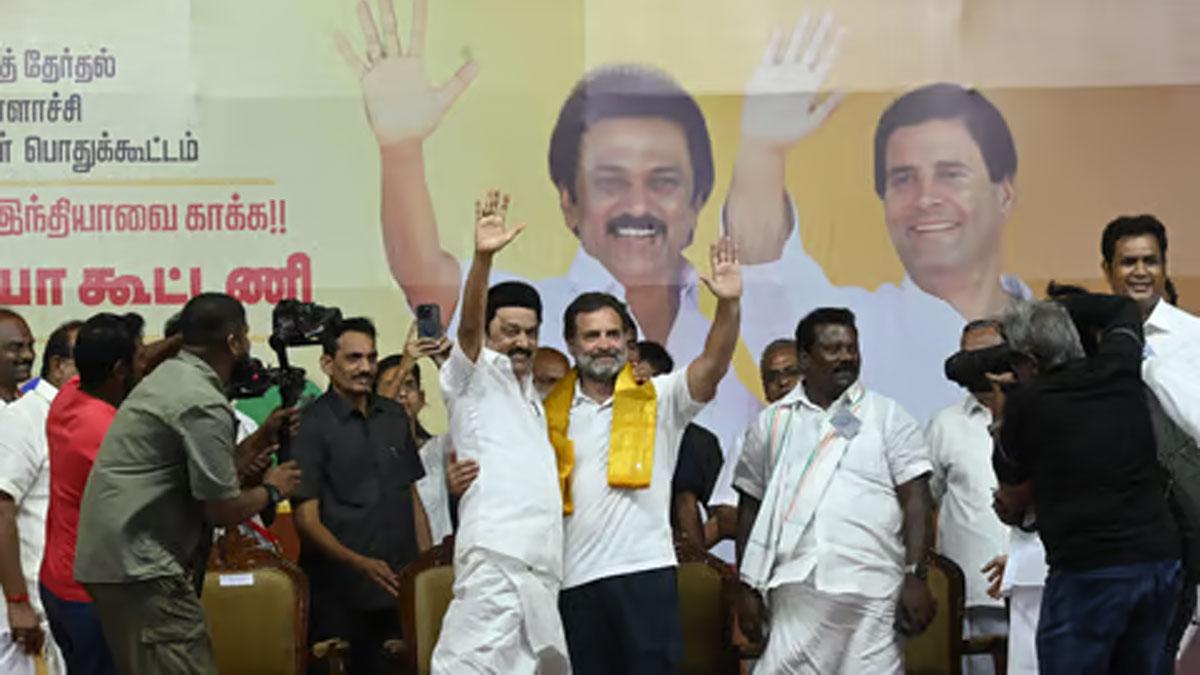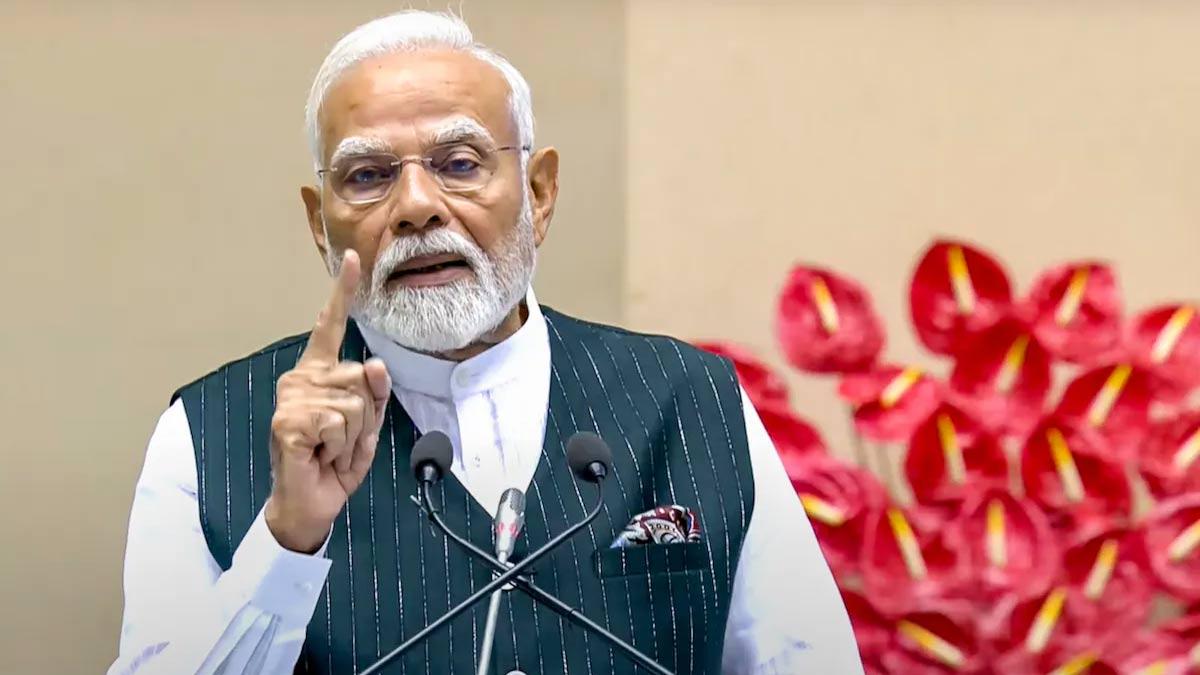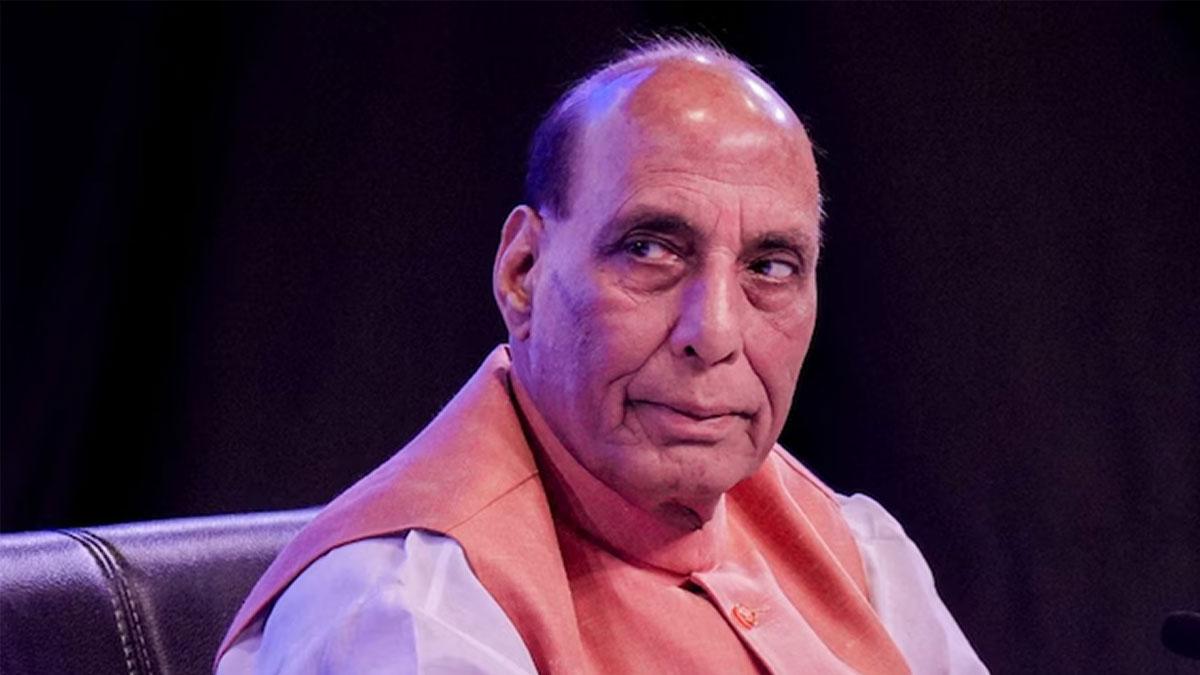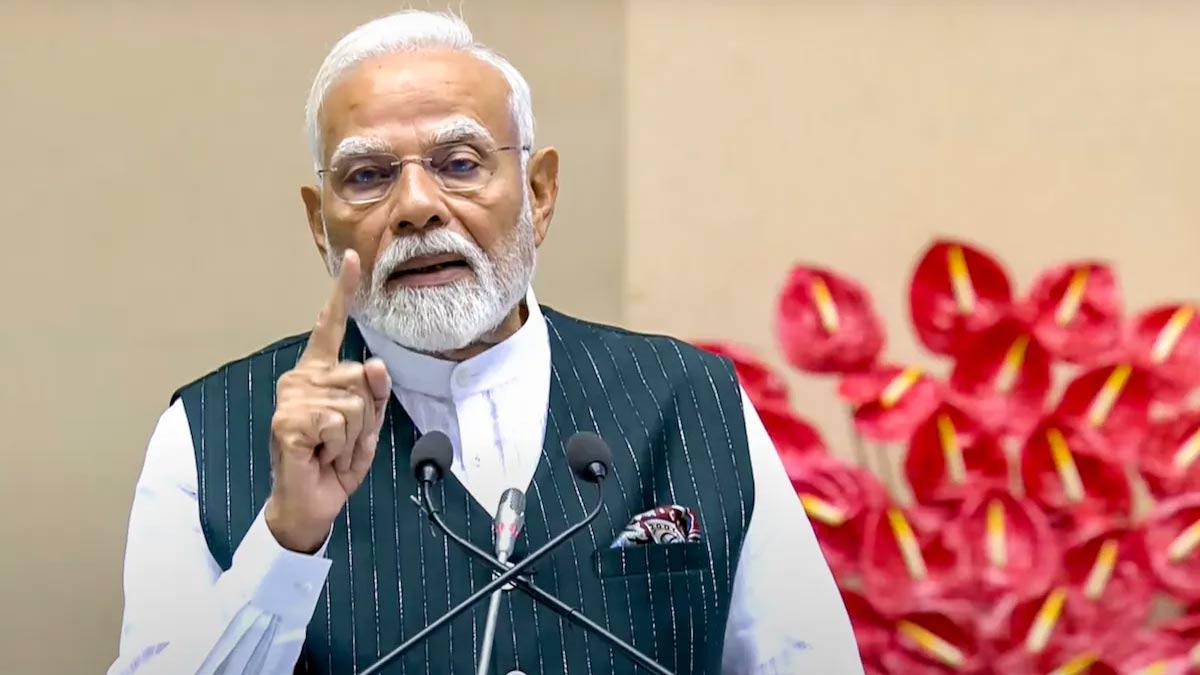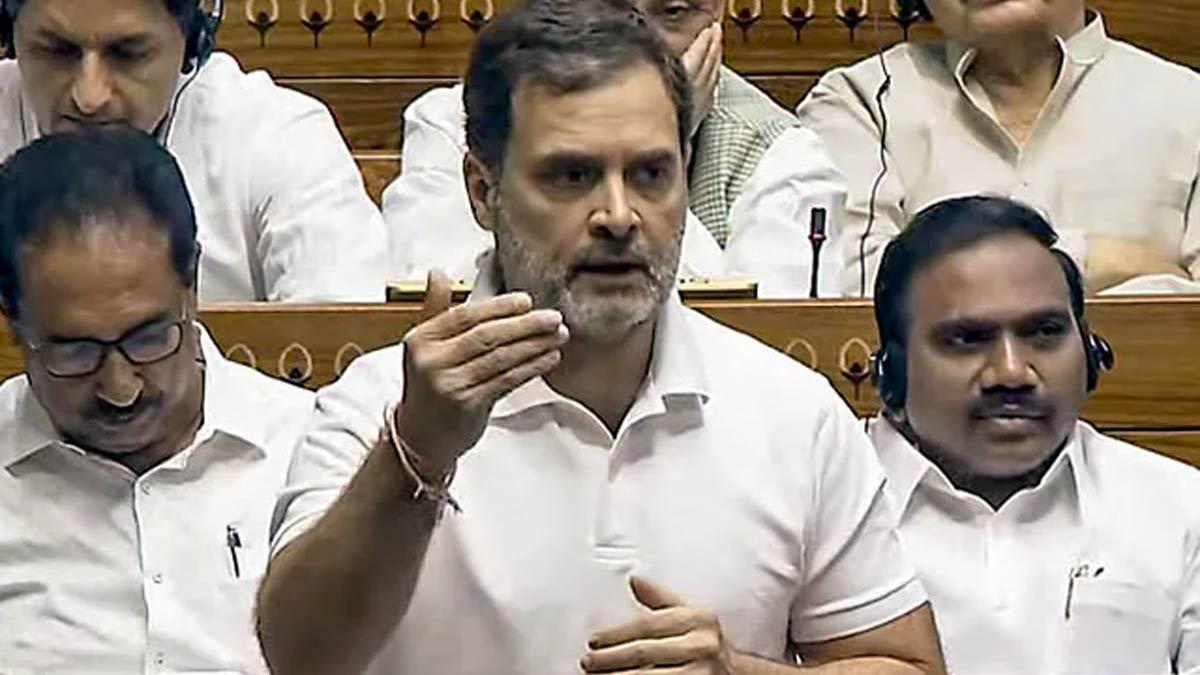During an election rally in Tamil Nadu, Congress leader Rahul Gandhi made scathing remarks against the Narendra Modi government, asserting that it operates more like an "Adani government" than one for the people. Gandhi, joined by Chief Minister MK Stalin of the DMK, highlighted the stark economic disparities created by the policies of Modi and Adani, emphasizing the existence of "two Indias" - one for the affluent and another for the impoverished.
The camaraderie between the Congress and the ruling DMK was palpable, as Stalin warmly welcomed Gandhi, referring to him as a "dear brother." Gandhi reciprocated by addressing Stalin as his "elder brother," a gesture he claimed to reserve exclusively for the Dravidian party chief.
Stalin lauded the Congress manifesto as the beacon of electoral promise and commended Gandhi's efforts in formulating it, acknowledging the resonance of its social justice agenda with the principles championed by the DMK.
Asserting his confidence in the impending electoral victory of the INDIA bloc, Gandhi proclaimed the imminent ousting of the Modi government, which he accused of being unduly influenced by Adani's interests. He lambasted the government's penchant for favoring Adani in major infrastructure projects, alleging instances of preferential treatment and corruption.
Gandhi pledged a transformative agenda if the INDIA bloc assumes power, promising unprecedented actions to address issues of women empowerment, job creation, and economic inequality. He framed the ongoing election as an ideological battleground, warning against the erosion of constitutional values under the BJP-RSS nexus.
Highlighting the infiltration of RSS ideology into key institutions, Gandhi decried the threat posed to India's pluralistic ethos and democratic fabric. He criticized Modi's centralizing tendencies, particularly his disregard for linguistic diversity and cultural pluralism, citing examples pertinent to Tamil Nadu's concerns.
Addressing local grievances, Gandhi pledged legislative measures to tackle unemployment and advocated for state autonomy in contentious issues like NEET. He condemned the Centre's neglect of Tamil Nadu's flood relief demands, accusing it of callous indifference and derogatory treatment.
In a symbolic gesture of solidarity, Gandhi interacted with local artisans and workers, underscoring his commitment to grassroots engagement and empathetic leadership.
The Tirunelveli rally marked Gandhi's inaugural foray into Tamil Nadu's electoral landscape, signaling the Congress's earnest endeavor to forge alliances and resonate with regional sentiments.
Read also | Raj Thackeray's Political Pivot: Riding Along Sunetra Pawar's Baramati LS Campaign
Read also | Buxar's Electoral Landscape: A Quadrangular Contest Unfolds in Lok Sabha Elections

